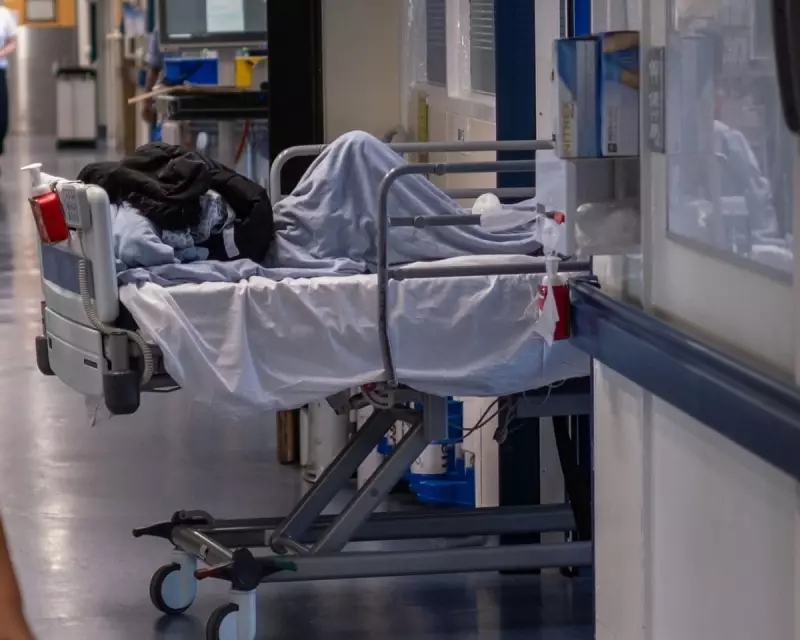
England's healthcare system is facing a severe crisis as new figures reveal nearly 150,000 people aged 90 and above were forced to wait more than 12 hours in A&E departments before being admitted to hospital last year.
The staggering statistics, obtained through Freedom of Information requests by the Liberal Democrats, show the most vulnerable patients are bearing the brunt of emergency care delays. The data covers the period from April 2023 to March 2024 across NHS trusts in England.
The Human Cost of Delayed Care
These aren't just numbers - they represent our oldest citizens, often with complex health needs, left waiting on trolleys and in corridors for half a day or more. The figures reveal:
- 149,760 patients aged 90+ experienced 12-hour waits
- Some trusts recorded over 10,000 such cases individually
- The true scale may be even higher due to incomplete data reporting
Political Reaction and Demands for Action
Liberal Democrat leader Ed Davey condemned the situation as "appalling," stating that older people are being "badly let down" by the current government. The party is demanding:
- An urgent rescue plan for social care
- Increased investment in community healthcare
- Proper support for carers
- Immediate action to reduce A&E waiting times
Health leaders acknowledge the severe pressure on emergency departments but emphasise that the 12-hour wait measure begins at the point a decision to admit is made, not from arrival at hospital.
Broader Healthcare Context
This crisis comes amid wider challenges facing the NHS, including:
- Record waiting lists for routine treatments
- Staff shortages across multiple specialities
- Ongoing industrial action by healthcare workers
- Increasing demand from an ageing population
The Department of Health and Social Care maintains that it is "fully committed to supporting the NHS" but critics argue more decisive action is needed to protect England's most elderly citizens during their moments of greatest medical need.





